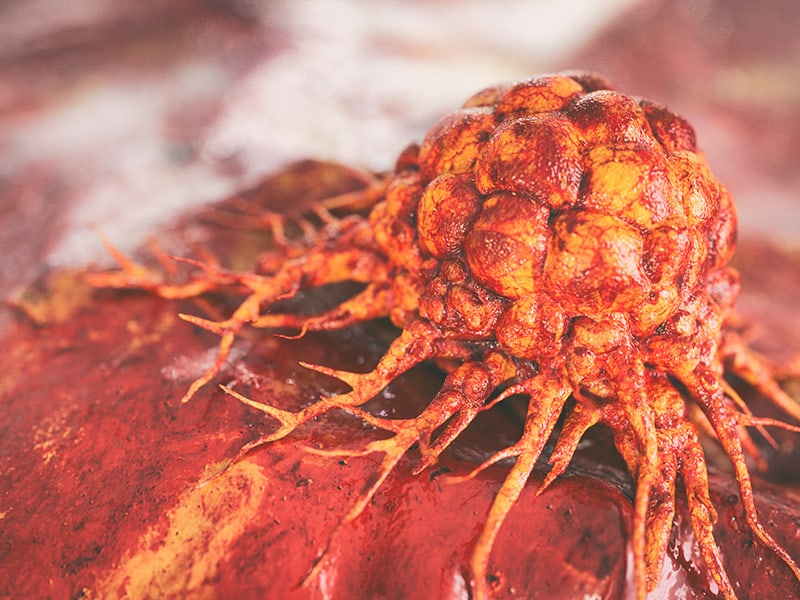A brain tumour, as with any other type of tumour, is a collection of cells, in this case in the brain, that are growing out of control. The normal life cycle of cells has become defective and they have carried on dividing causing a lump or tumour.
Tumours that start in the brain are called Primary Brain Tumours whereas those that have spread to the brain from elsewhere in the body are known as Secondary Brain Cancers or brain metastases.
There are more than 130 different types of brain tumours – either benign (non cancerous) or malignant (cancerous). Benign brain tumours generally grow slowly and are less likely to return after treatment and do not spread to other parts of the brain. Malignant tumours on the other hand grow faster plus there is a higher risk of them returning even after treatment.
Brain tumours are often named after the cell they develop from or the part of the brain they start in. More than half of all primary brain tumours are gliomas, developing from the supporting cells in the brain or spinal cord, the most common of which are astrocytomas. Early detection can have dramatically beneficial effects. The ability to detect and then treat for instance a low grade glioma before it progresses to become an advanced astrocytoma such as GBM (Glioblastoma Multiforme) can dramatically alter the prognosis and chance of cure.
